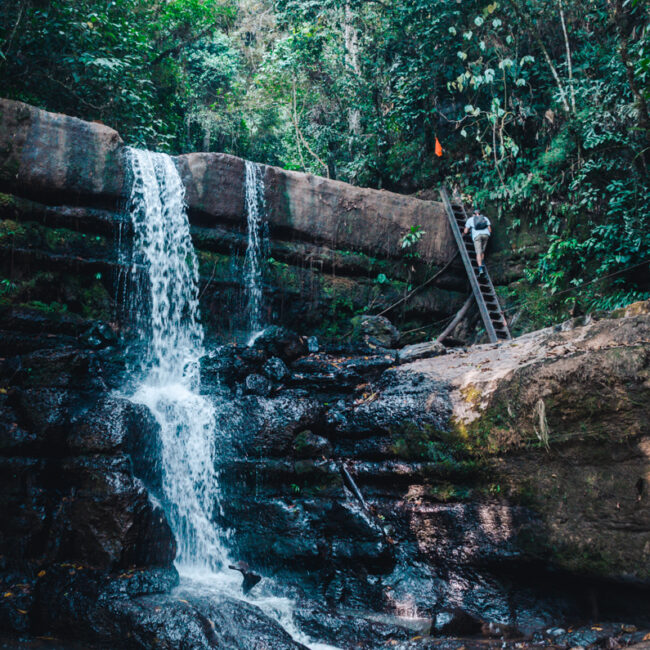

When traveling, it’s crucial to know whether the local tap water is safe to drink, as this affects not only your health but also your overall travel experience. In this blog, we will discuss the quality of tap water in Bogota and offer tips on how to stay hydrated and healthy while enjoying the vibrant culture and breathtaking scenery of Colombia’s capital. Whether you’re a seasoned traveler or planning your first trip to Bogotá, this guide will equip you with all the necessary information to make an informed decision. Join me in this post to delve deep into the question: Can you drink tap water in Bogota?
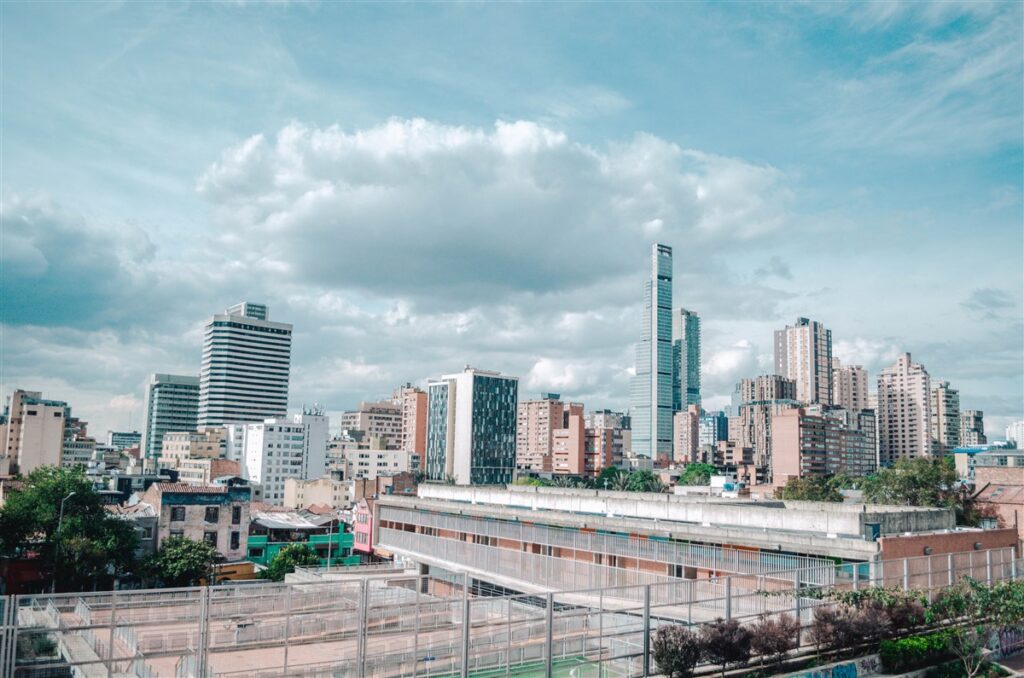
Bogota, Colombia
Bogota is the vibrant high-altitude capital of Colombia. Located in the Andean peaks at 2,640 meters above sea level, it’s a city of contrasts, with colonial-era landmarks such as the historic Barrio La Candelaria against modern high-rise buildings and bustling business districts.
The city’s cultural vibrancy is one of the things that strikes the most with its numerous museums, including the famous Museo del Oro, showcasing pre-Columbian gold artifacts, and the Museo Botero, celebrating the works of the famous Colombian artist Fernando Botero.
While many foreigners will frown when it comes to safety in Bogota due to its turbulent past, the city today is safer than ever. Furthermore, the city’s extensive network of bike routes and the weekly Ciclovía, where main streets become car-free, reflect its progressive and environmentally conscious spirit.
If you are traveling to Bogota as a vegan, you won’t be disappointed! You can find dozens of local vegetarian and vegan restaurants in Bogota, most of them offering extremely cheap menu del dias!
Yes, you can generally drink tap water in Bogota. The city’s tap water is considered good for consumption as it meets international standards for water quality. Bogota’s water treatment system is advanced, ensuring that the tap water is adequately purified and chlorinated to eliminate harmful bacteria and pathogens.
The local water utility, Empresa de Acueducto y Alcantarillado de Bogota, manages the water treatment process to ensure the water is safe for consumption.
However, do note that the tap water in Colombia is generally not potable! Aside from bigger cities, like Bogota, Medellin, and Cali, do not risk drinking tap water unless it has been filtered and purified.
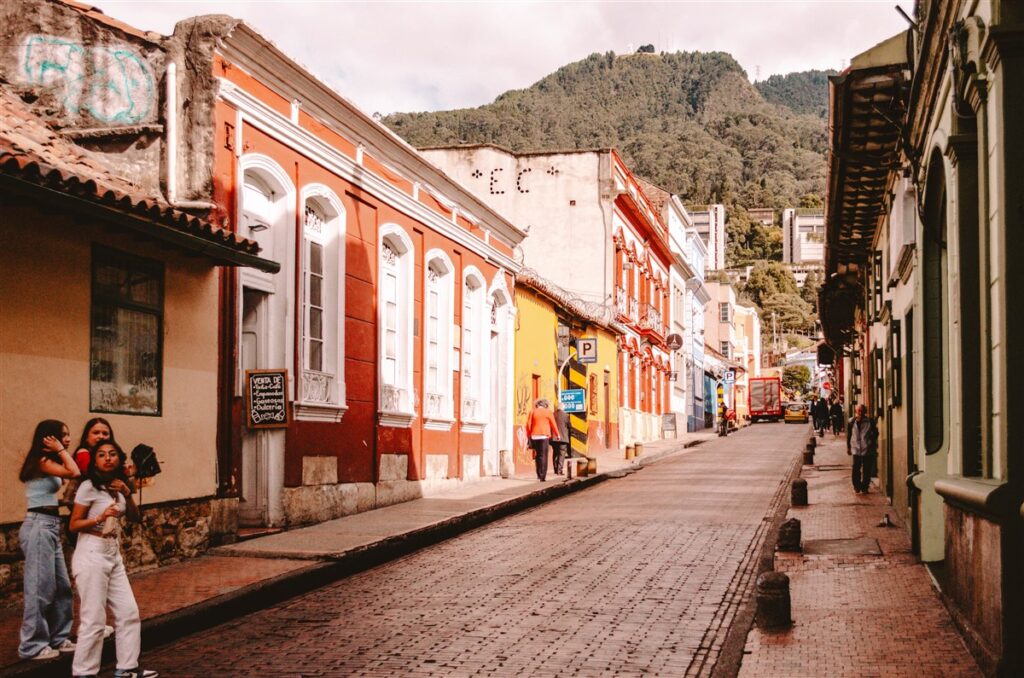
Streets of La Candelaria, Bogota, Colombia
Yes, it is generally safe to drink tap water in Bogota. The city’s water supply is treated and is considered to meet international quality standards.
However, it’s important to note that while the water is technically safe to drink, some travelers may still experience mild stomach discomfort due to differences in water composition, especially if they are not accustomed to the local water. This is a common occurrence when traveling to different regions and is not necessarily indicative of water quality issues.
If you have a sensitive stomach or prefer to be extra cautious, using bottled water for drinking and brushing your teeth is a good alternative. Additionally, it’s always a good idea to check with locals or at your place of accommodation upon arrival for the most current advice on water consumption.
→ Also read: Cocora Valley, Colombia: All You Need to Know
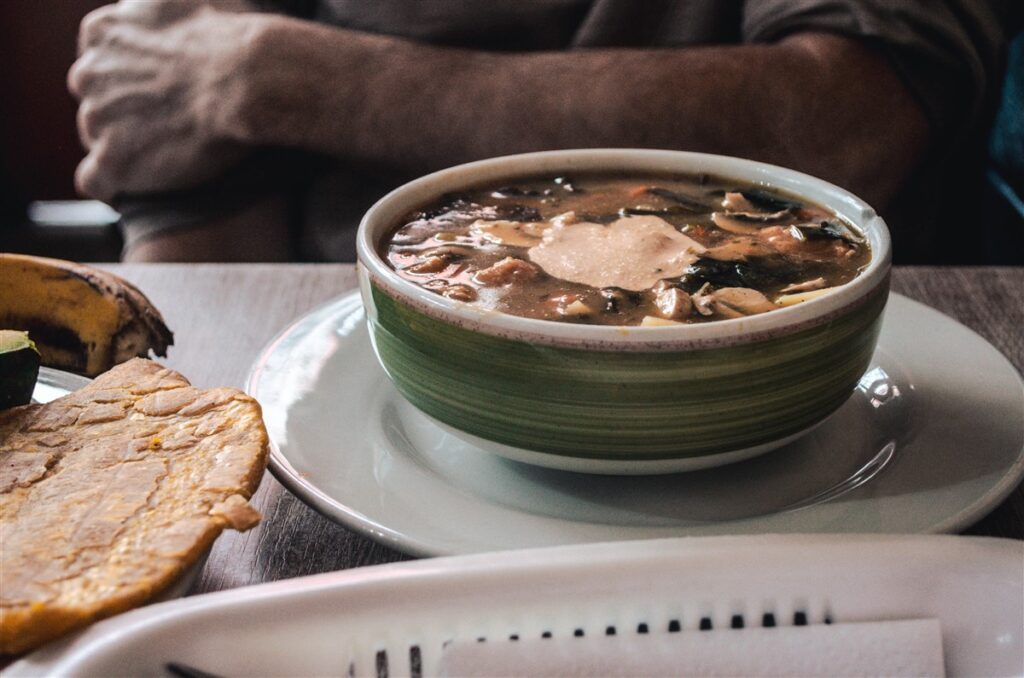
soup with seaweed and mushrooms, a vegan dish in Colombia
In Colombia, including in restaurants, water is not customarily provided for free as it is in some other countries like the US and France. Typically, if you ask for water in a restaurant, they will provide bottled water, which is not free.
While tap water in many Colombian cities, including Bogota, is considered safe to drink, it’s not a common practice for restaurants to serve tap water to guests. This is partly due to cultural preferences and the fact that locals often prefer bottled water, especially when dining out.
If you are looking to save money on water while dining out in Colombia, you could consider carrying a reusable water bottle and filling it with tap water if you’re comfortable with its quality. However, do check with locals or your accommodation about the safety of tap water in the area you’re visiting.
That said, local restaurants may not serve free tap water but a free drink is most of the time included in the price if you order a cheap menu del dia. A menu del dia includes soup, a main course, dessert and a drink and costs range from 10 000 to 20 000 COP.
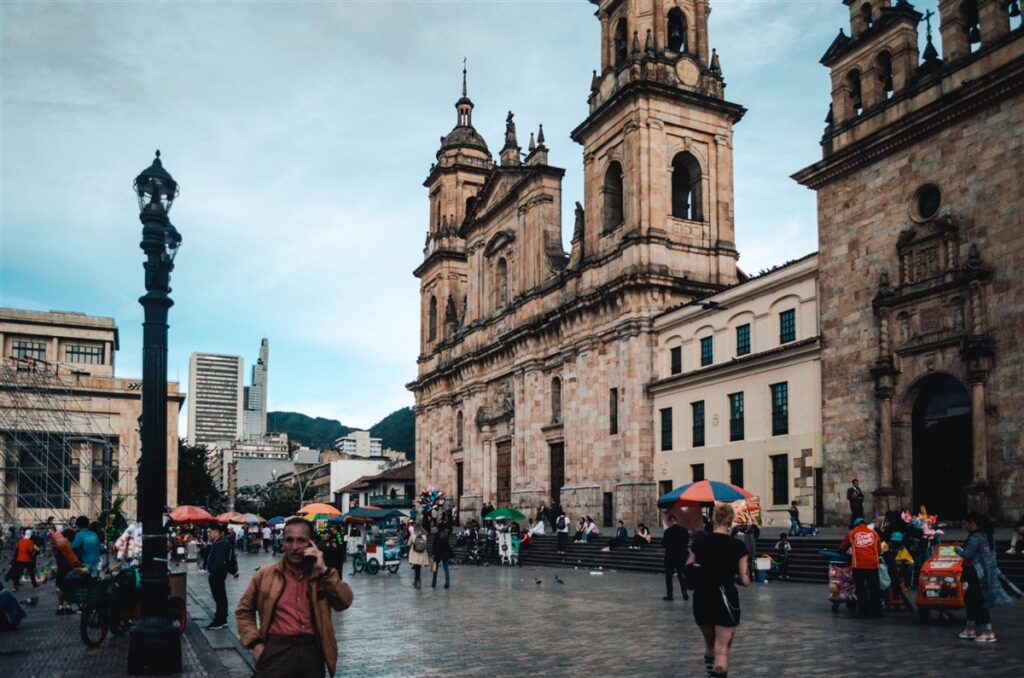
Plaza Bolivar, Bogota
Drinking tap water in Bogota, where it is considered safe for consumption, offers several advantages:
While tap water in Bogota is generally safe, as a conscious traveler, you should consider your personal health and sensitivity to changes in water sources. You might prefer to start with bottled water and gradually transition to tap water to allow your body to adjust.
When you want to buy a water bottle for your trip, ensure you buy one that is eco-friendly and/or recyclable. Here are some sustainable water bottle brands that are doing their bit for the environment.
If you’re still not sure whether you should drink the tap water in Prague, you can always buy a life straw bottle to filter out the water even more.
Here are the websites I use when I travel to Colombia:
Booking.com: For the best guesthouses, homestays, or small hotels
Hostelworld: To find the best hostels located in the cities
Homestay: For a unique immersive homestay experience in the big cities or the countryside
Busbud and Redbus: The best transport websites for long-distance buses in Colombia. Note that 12Go also works in Colombia but the tickets they will buy for you are open-seat tickets and don’t guarantee a seat on the bus you book online.
Uber: Uber is a convenient and cheap ride-hailing app that can be used in the bigger cities of Colombia. Other apps are Cabify or Didi.
Skyscanner: For affordable flights to Bogota and intercity flights in the country.
Viator and Get Your Guide: book all kinds of activities from the Ciudad Perdida trek to a guided private tour of Comuna 13 in Medellin.
Citizens of many countries, including the United States, Canada, the European Union, Australia, and New Zealand, do not require a visa for short tourist stays (typically up to 90 days). However, this can vary, so it’s always best to check iVisa for the specific requirements for your nationality.
If you’re looking for travel insurance, the one with the best benefits online is undoubtedly Heymondo! It’s very easy to ask for a quote on the website and, if you book with this link you’ll get 5% off!
Access mobile data immediately when entering the country with a Colombian E-sim or a Latamlink E-sim when traveling through multiple countries. If you are already in Colombia, the best local prepaid sim card is Claro.
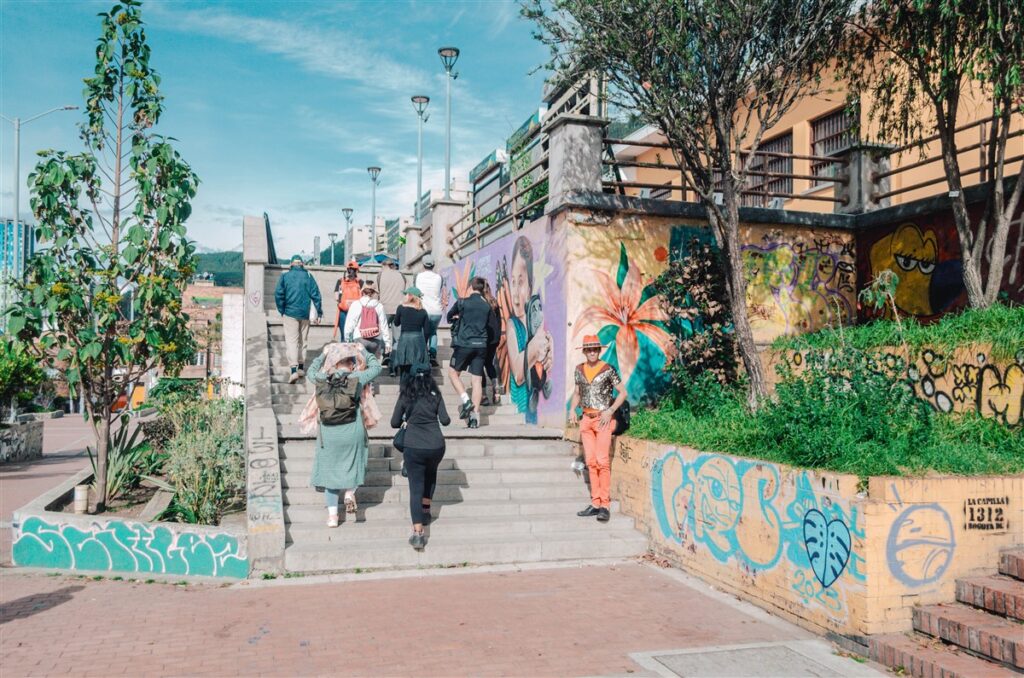
La Concordia, Bogota, Colombia
In Bogota, several bottled water brands are popular and widely available. If you prefer bottled water over tap water, here are some notable brands to consider:
When trying bottled water in Bogota or anywhere else, it’s important to consider the environmental impact. Excessive use of bottled water contributes to plastic waste and environmental degradation.
If you are consuming bottled water for reasons other than safety (such as taste preference), you might want to explore more sustainable options like using a reusable water bottle with a filter. This way, you can enjoy the quality of water you prefer while minimizing your environmental footpr
There you go! We are at the end of this post about whether or not you can drink tap water in Bogota. As you can see, it is perfectly safe to drink tap water in Bogota although it’s always good practice to ask your accommodation to confirm the current situation.
Also, bear in mind that your stomach might be a bit sensitive at first since it needs adjusting to the difference in water composition.
A great tip I can give you for an authentic experience in Bogota is visiting the Paloquemao Fruit Market. It’s slightly off-the-beaten path and a great way to immerse yourself in the local Colombian culture.
Let me know in the comments below if you have any questions or drop me a message through my contact page.
Also, don’t forget to check out my resources page with my favorite booking platforms and tips to start planning your trip. Additionally, have a look at my favorite travel gear if you want to pack more consciously!
ENJOY!
Disclaimer: This post may include affiliate links. If you click on them, I may receive a commission at no extra cost to you.
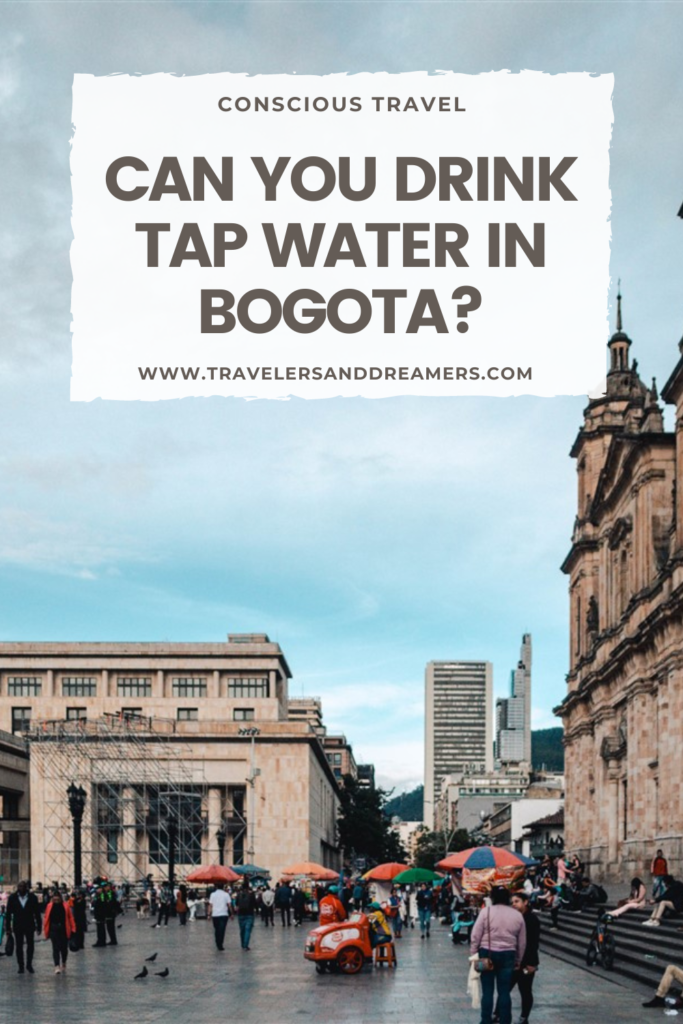
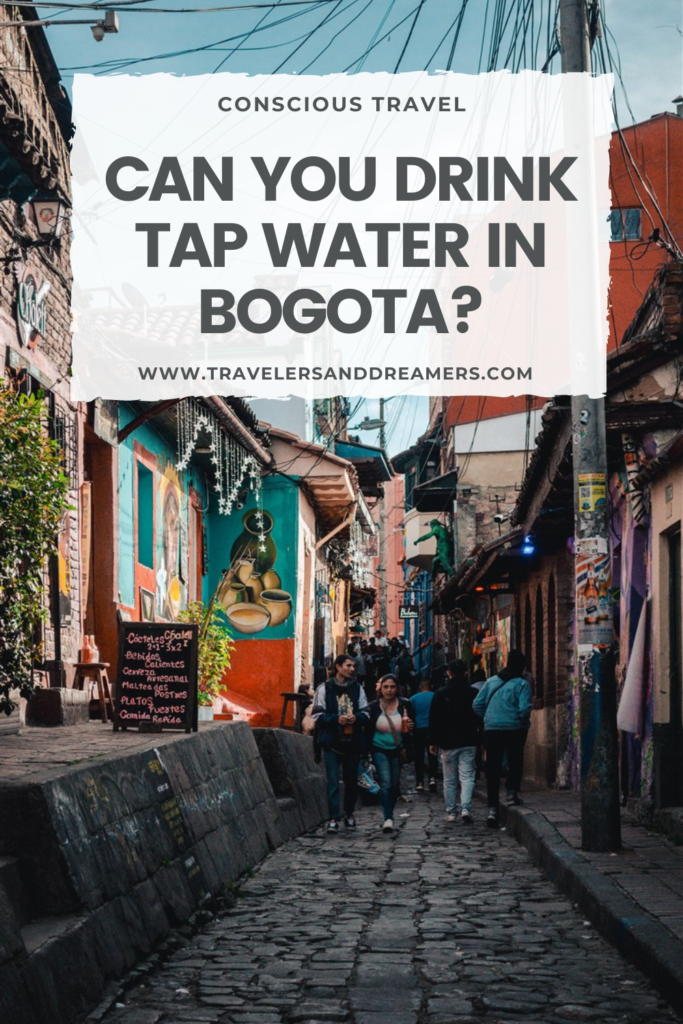
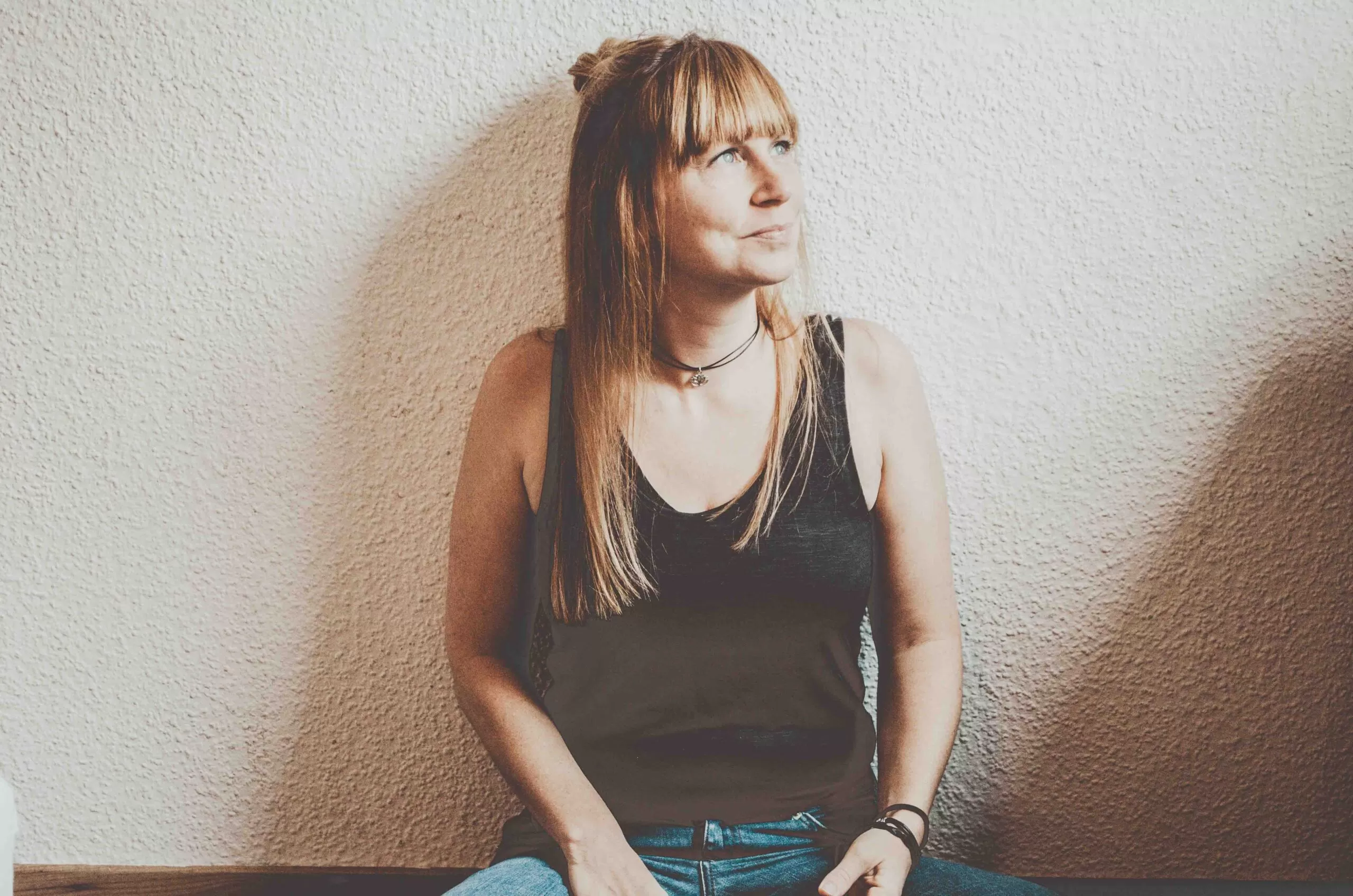
Hi! I am Annelies and this is Travelers & Dreamers, a blog about conscious travel which means traveling in a more mindful way, with a positive impact on the world and yourself!
On this website, I cover different topics like slow travel, plant-based food guides, responsible travel, sustainable packing, eco-travel, and more!
Latest Posts

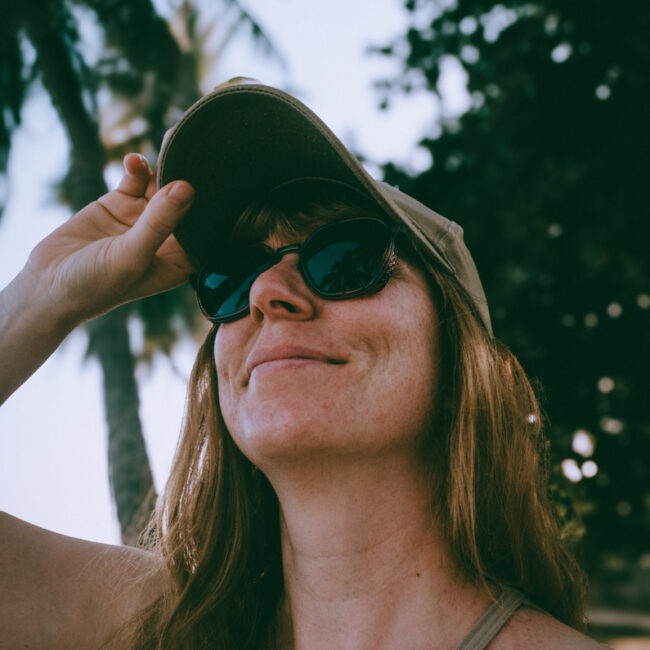
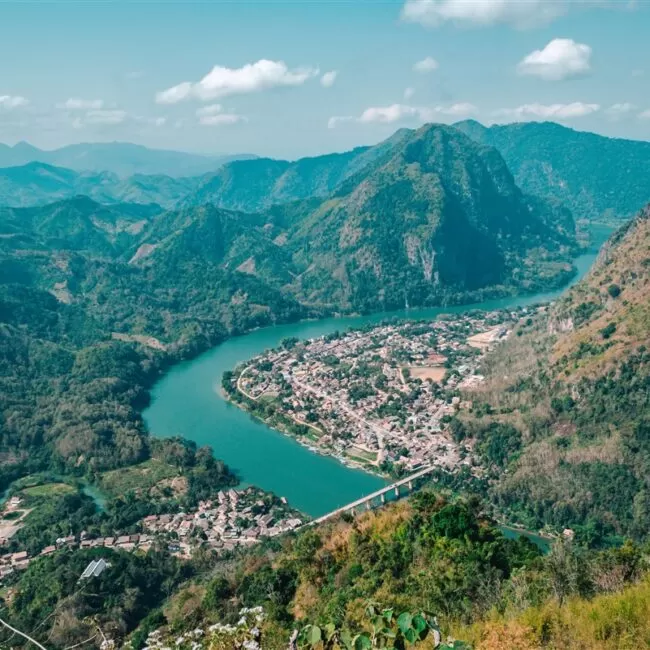
15 Best Things to Do in Nong Khiaw, Laos (2024)
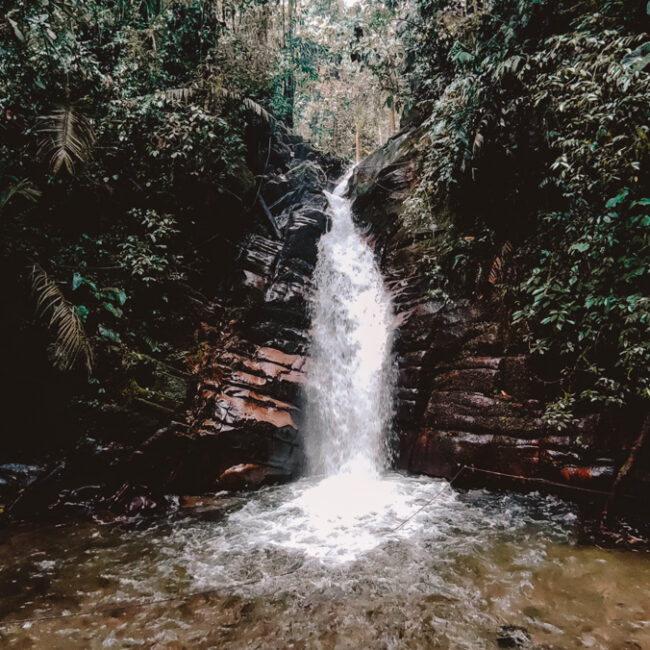
Santa Rita, Salento: All You Need to Know
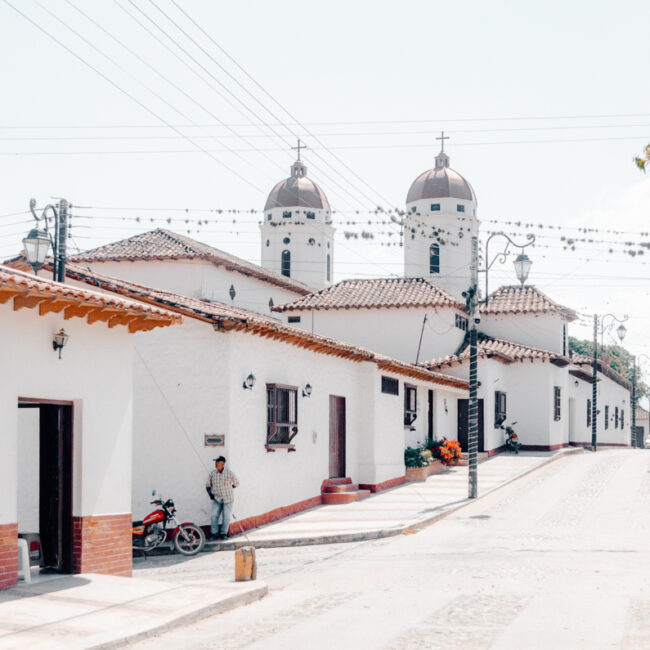
La Playa de Belen, Colombia: An Easy Travel guide!
Do you want to receive my latest finds on conscious and sustainable travel directly to your inbox? Subscribe here!
© COPYRIGHT TRAVELERS&DREAMERS, 2023.